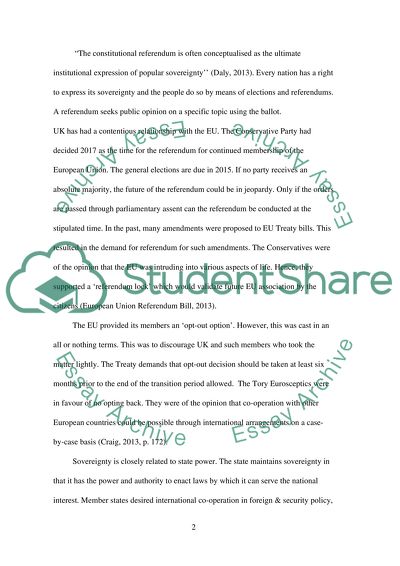Cite this document
(“Public law Essay Example | Topics and Well Written Essays - 1500 words - 1”, n.d.)
Public law Essay Example | Topics and Well Written Essays - 1500 words - 1. Retrieved from https://studentshare.org/law/1498863-public-law
Public law Essay Example | Topics and Well Written Essays - 1500 words - 1. Retrieved from https://studentshare.org/law/1498863-public-law
(Public Law Essay Example | Topics and Well Written Essays - 1500 Words - 1)
Public Law Essay Example | Topics and Well Written Essays - 1500 Words - 1. https://studentshare.org/law/1498863-public-law.
Public Law Essay Example | Topics and Well Written Essays - 1500 Words - 1. https://studentshare.org/law/1498863-public-law.
“Public Law Essay Example | Topics and Well Written Essays - 1500 Words - 1”, n.d. https://studentshare.org/law/1498863-public-law.


